Two Chinese students at Florida International University and a professor at the University of Florida are filing a lawsuit in a federal court against a new state law that restricts students from China and six other countries from being employed as graduate assistants to conduct academic research projects.
The law, SB 846, was signed by Governor Ron DeSantis in May 2023 and went into effect on July 1. It prohibits state universities from accepting grants from or participating in partnerships with a college or university based in a "foreign country of concern", which includes China, Russia, Iran, North Korea, Cuba, Venezuela and Syria.
The law is discriminatory, unconstitutional and reminiscent of the Chinese Exclusion Act of 1882, which instituted a 10-year ban on Chinese laborers immigrating to the United States, according to the lawsuit filed in federal court in Miami. The new law also usurps the power of the federal government, which has exclusive authority over immigration, national security and foreign affairs, the lawsuit said.
The impact of SB 846 is becoming increasingly apparent. For instance, Florida International University has implemented a hiring pause on candidates from the seven countries until the State University System's Board of Governors revises its vetting process for such candidates. Several doctoral students are also posting on social media platforms seeking advice to transfer from Florida universities to other states or countries.
The law has forced two of the plaintiffs who are from China to put their graduate studies at Florida International University on hold and denied them entry into their research labs.
Yin Zhipeng, a computer science major, and Guo Zhen, a doctoral student majoring in material engineering and working as a graduate research assistant at Florida International University, were dismissed from their research positions. They maintain that the law jeopardizes their educational opportunities by firing them, as their research positions were requirements to completing their doctorates.
Joining them in the lawsuit is Guan Zhengfei, an agricultural economics professor at the University of Florida (UF), who also is originally from China. He said the law has stopped him from recruiting the most qualified postdoctoral candidates to assist with his research, which has slowed his publishing productivity and research projects.
"This law is unfair, unjust, and unconstitutional," said Daniel Tilley, the Florida director of the American Civil Liberties Union (ACLU) in a statement. The ACLU is representing the students along with the Chinese American Legal Defense Alliance (CALDA) and Perkins Coie LLP, in coordination with the Chinese American Scholar Forum.
A 33-page complaint claims that the law "improperly acts as a state veto over issues subject to the exclusive federal power over immigration law", violates employment rights, and "predominant and superior federal power, such as national security and foreign affairs, and which in this instance the federal government is managing through its exclusive immigration power".
"SB 846 facially uses domicile as a proxy for improper discriminatory prohibitions in federal employment rights that are actually based on national origin, alienage, race, and ethnicity, disproportionately burdening individuals from China," the complaint said.
Several universities are also holding demonstrations on campuses to support the rights of Chinese scholars at higher education institutions. The University of Florida Chinese Student Association (CSA) and Chinese Students and Scholars Association (CSSA) at UF jointly published a statement condemning the state law and the school's reaction to it.
Xie Zhiwei, the president of CSA, told China Daily that recently the Board of Governors informed them that they are looking at ways to better nuance the regulation. "That is a big improvement in that they recognize they may have adopted a bit of a sledgehammer approach, and they are willing to consider amendments," he said.
"Xenophobic policies toward China stoke racial bias, and all Asian Americans will feel the stigma and the chilling effect created by this Florida law," said Clay Zhu, attorney and co-founder of CALDA. "We will not back down."































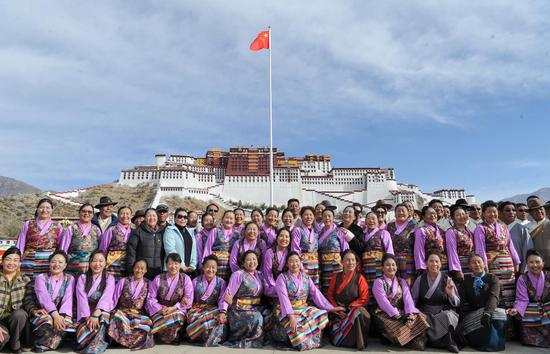
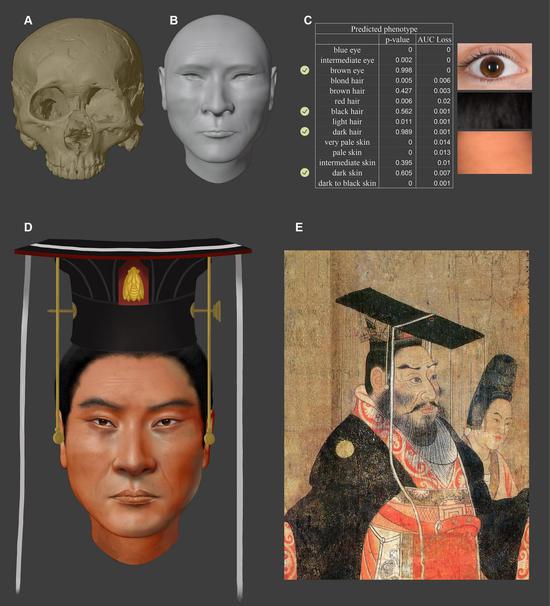



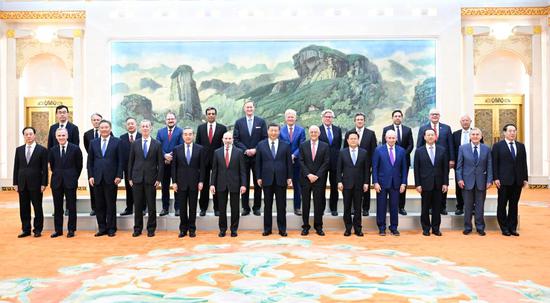






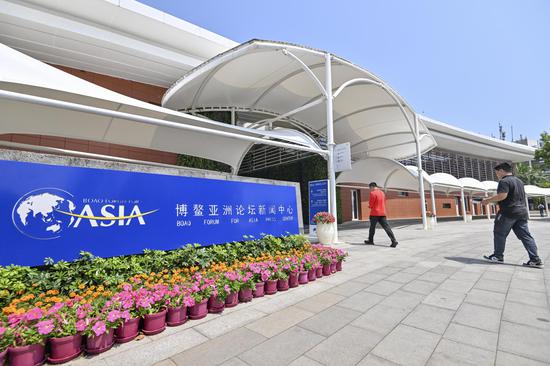
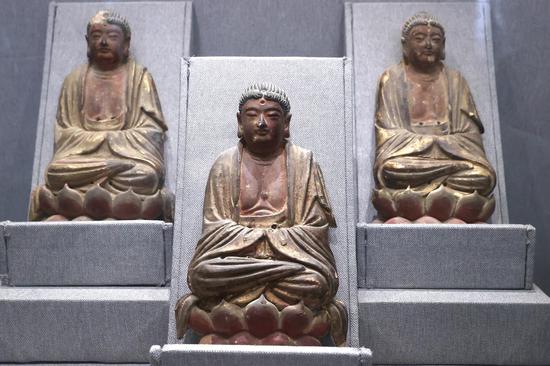



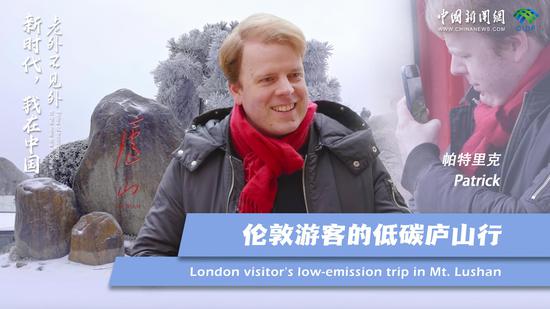

 京公网安备 11010202009201号
京公网安备 11010202009201号